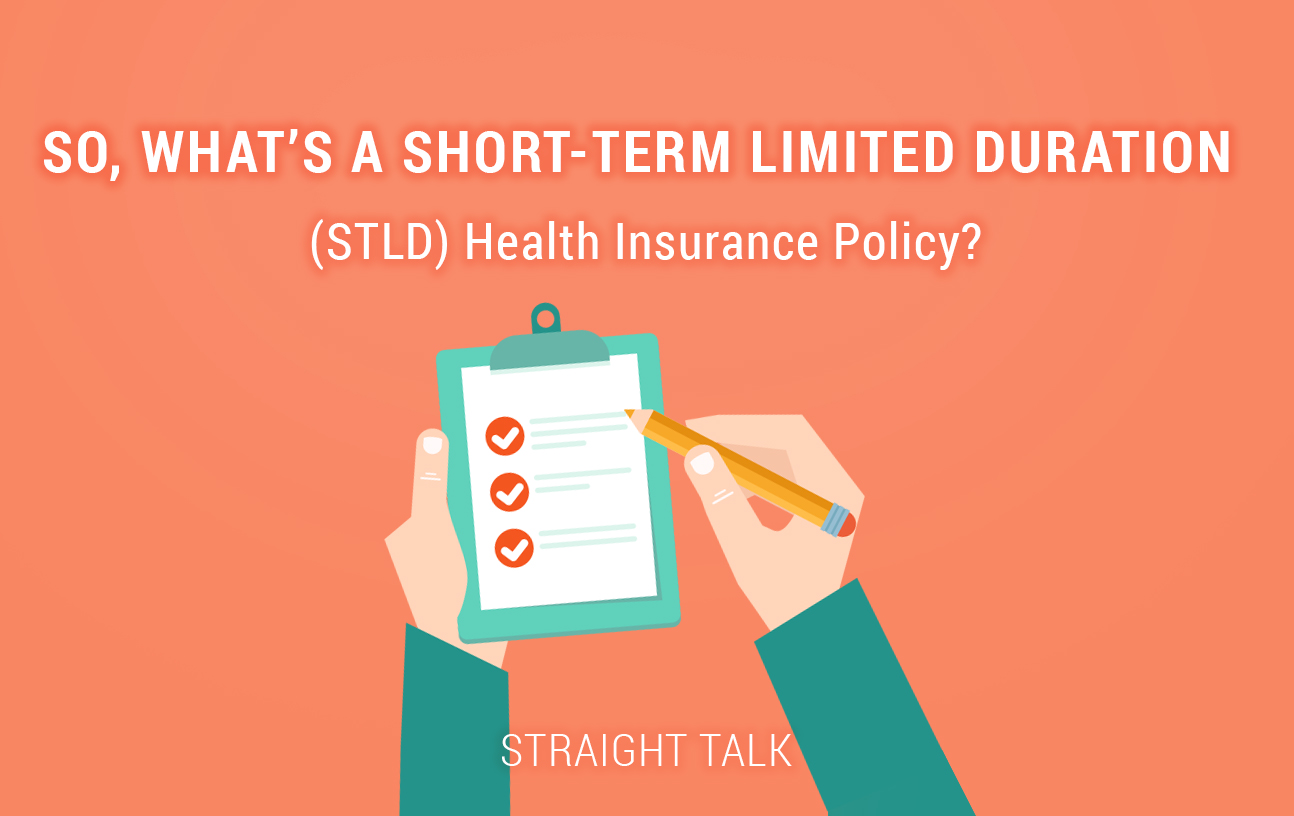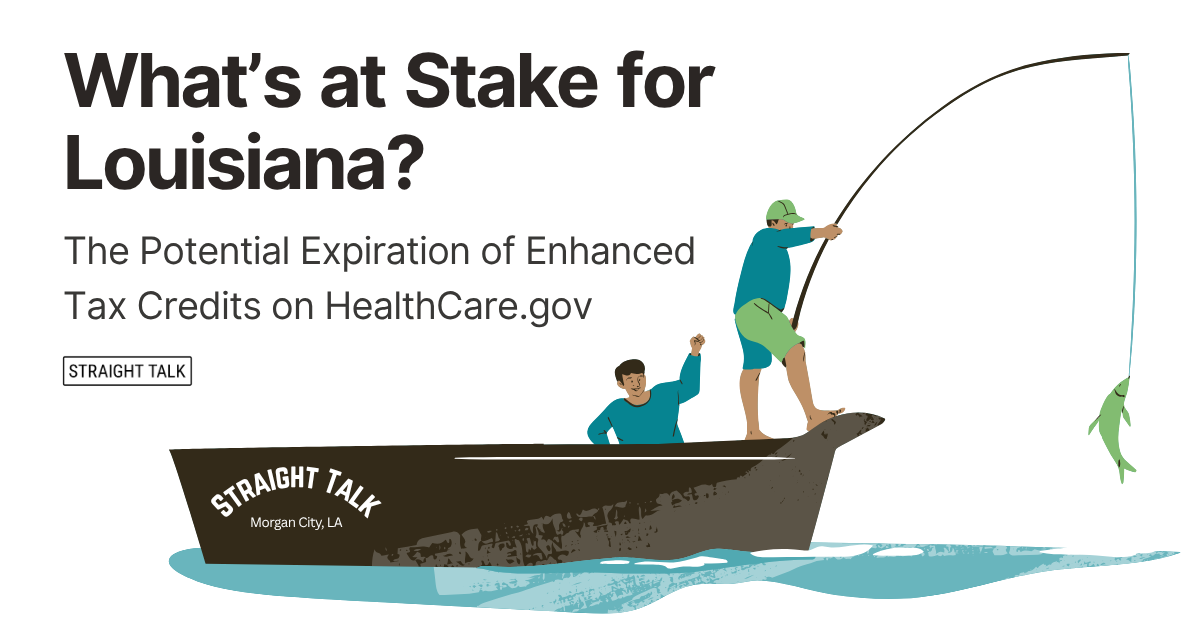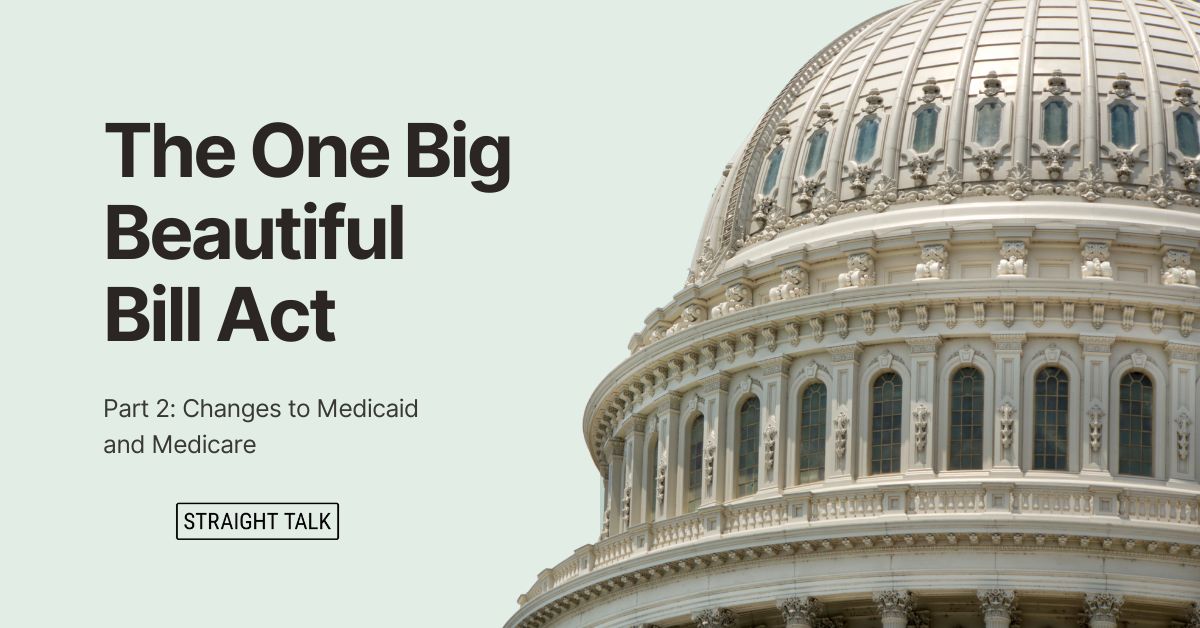Fourteen years ago, I was working for a collapsing telecom company that had just shut down the division I worked for and laid off about 70 of us. Three months later, I began my career here at Blue Cross, and as a cancer survivor, you might imagine I was VERY interested in getting health insurance coverage.
Like most companies, Blue Cross had a 90-day waiting period for new employees before their healthcare coverage would start. The HR folks recommended I buy a temporary, or short-term, health insurance policy so I’d have continuous coverage during my waiting period AND to help in case of any emergencies. I was impressed both by the breadth of coverage of this “90-Day Wonder” policy I bought and the very reasonable price. It was available to purchase for up to an entire year, but the longer you wanted it to last, the more research of your personal health you had to endure and health questions you had to answer. It served the purpose; I didn’t have any issues during my waiting period, and I’ve been happily covered here at Blue Cross ever since. I’m sure many of you out there have similar stories to tell.
Changing the Rules for Temporary Insurance
With the coming of the ACA in 2010 and the federalization of the individual health insurance markets, severe limits were put on these types of policies. The legislators and policymakers writing the ACA called them “junk insurance” publicly and decried them as a complete rip-off to consumers.
Today, these policies continue to survive outside of federal regulations and must meet requirements set by the states. Some states tightly oversee these products, some less so, but they are all limited to 90-days duration with no right of renewal. That means your “temporary insurance” can only last 90 days, and then it’s gone.
The place of these policies, formally known as Short-Term Limited Duration (STLD for short) policies, is now changing, and pretty quickly too.
Back in October 2017, via Executive Order, President Trump ordered the relevant federal agencies to find a way forward to change STLD insurance and allow it to last for up to 364 days and be renewable. Just a few months ago, the U.S. Center for Medicare & Medicaid Services issued a proposed rule that did just that for STLD policies sold nationwide, bypassing many of the Affordable Care Act’s restrictions on them.
As we await the final regulation on the nationwide sale of STLD health insurance, this seems an opportune time to do a deeper dive into them and give you the pros and cons, Straight Talk style. Ready?
First, the Pros:
Unlike ACA-Qualified Health Plans that are sold on healthcare.gov, insurance carriers can ask medical questions and do research to screen for pre-existing conditions when deciding whether or not to sell you an STLD plan. This tends to make the pool of people buying them a younger and healthier bunch and lowers the rates, often a lot. I expect to see STLD plans selling at around 40-50% less than healthcare.gov plans. For many folks who are not subsidy eligible, these may end up being the only insurance they can afford.
In addition, most states have the option to set the coverage bar high for these plans, regulate them to protect consumers, or bar them outright if they don’t think the carrier selling them is operating in good faith.
Since different states have VERY different average income levels and health issues, this allows state-by-state flexibility in the design of these plans. At the same time, people whose income or health deteriorates will still have the option to buy coverage on healthcare.gov with federal assistance and no medical questions asked. And, in more than 30 states, residents have access to the expanded Medicaid program like we enjoy here in Louisiana.
These plans have the potential to keep a lot of people insured who drop coverage during the year. One of the real stumpers for me here in Louisiana is why the people who buy insurance on healthcare.gov during open enrollment leave in droves during the year? It’s not at all unusual for 25% of our January membership to disappear by November every year. We know from our research that much of that is driven by the high cost of ACA coverage, and STLD plans offer the healthier people, who are leaving insurance, a safe, less-expensive place to land when they can no longer afford their healthcare.gov plans.
Finally, one of the really damaging policy decisions under the ACA was to shift lots of undeserved costs to the youngest and healthiest buying coverage on healthcare.gov through faulty age-rating ratios. STLD policies will have the option of using real-world economic data to make sure people younger than 35 aren’t bearing an unfair healthcare cost burden, as they do today on healthcare.gov
And Now, the Cons:
On the con side, it’s important to understand the limitations of these policies and how they differ from the healthcare.gov coverage we’ve all come to understand since 2014.
STLDs are just that, “short-term, limited duration” plans. Even under the new, more expansive Executive Order and rules, they will still be limited to 364-day coverage or shorter. In many states, there will be no guarantee of renewability, and you may need to be underwritten every single year and answer more health questions to keep the same coverage.
The plans will have multiple rates for the same person based on his/her health status, meaning you will see “preferred” rates for the healthier folks and “standard x” rates for people with health conditions, often at a much higher premium. A person with lots of health conditions could be turned away, and this will vary based on the carrier’s underwriting philosophy. There is no “guaranteed issue” in STLD coverage; you have to prove you are healthy enough to get in the pool.
Different state insurance commissioners have different amounts of power. In some states, the Department of Insurance may not have the authority to protect consumers from fly-by-night carriers and insolvent plans. The STLD market will be a “let the buyer beware” consumer choice from the beginning. We are fortunate here in Louisiana to have such a consumer-protection focused Department of Insurance, but other states are not so fortunate. On the other end of the spectrum some 12 states have already outlawed extended STLD plans completely.
There may be no standard plan designs. Under the ACA, every policy has to cover a ton of stuff, even lots of things with $0 deductible. This makes the plans very expensive, but the same requirement applies from coast to coast, and a consumer can rest assured that once he comes up with the cash, the coverage will be very wide. This may not be the case with STLD plans. Things like maternity or birth control are likely to be optional, not required. So there will be more pressure on the consumer to do her homework before selecting a plan.
From a system perspective, there is concern that the very existence of these enhanced STLD plans as an alternative to healthcare.gov plans will siphon off younger and healthier people from the exchange and drive rates up in that individual market pool.
What Does It Mean in Louisiana?
I remain unconvinced that this will be a significant problem here in Louisiana. Our healthcare.gov pool is already lacking young and healthy people, thanks to prices slanted against them, and as we’ve seen, more than 20,000 people buy coverage from us in January on healthcare.gov and drop it before the end of the year. If they can at least afford a STLD policy and keep that for the whole year, it would improve healthcare pricing overall. Better a member of some insurance than completely out of any, in my mind.
So, you might be wondering, will I be able to buy a Blue Cross STLD health insurance plan?
We are VERY closely monitoring the evolving rules on STLD health insurance, both at the state and federal level, and I’ll keep you up to speed on what develops right here at Straight Talk. We will of course consider every possibility in deciding whether these plans will be useful to our members.
You are going to hear some noise about these policies going forward, and it’s important to remember that a health insurance policy is only as good as the solvency and reputation of the company selling it. This makes your opinion of us here at Blue Cross my highest priority!





Mike, you again are my favorite resource for health insurance info. Thank you for sharing your knowledge and research.
I do think that if BCBSLA gets involved in short term medical, it will become my first resource for those clients that may fit the category.
It wasn’t specifically mentioned, but STM WILL get more people insured. Many potential clients have said “I’ll take my chances.”
They go without coverage. A guy told me yesterday that “I can always pay the hospital $10 per month.” So getting this coverage may be helpful. Because we know they will find the money and join the ACA pool if they develop an expensive medical condition.
The federal or state government needs to create a High Risk Pool of sorts to reimburse insurance companies for the largest claims. I have heard rumors to that effect. Does this have any change of becoming reality? That would certainly help the ACA plans future ratings to be lower.
Thanks for all you do,
David Varisco
David! Thanks for your kind words.
We here are studying this issue very carefully. As of now (before the Final Regulations on STLD are issued) there are some legal hurdles and interpretations we are waiting on to move forward. I am certainly in agreement with you that every year we lose tens of thousands of customers whose definition of “affordability” for health insurance doesn’t come anywhere near the definition of “affordability” legislated by the ACA through (or outside of) healthcare.gov. The issue then becomes, do we serve this uninsured population by offering them a product that allows them control over how much of their own risk they are willing to insure? Or do we pretend they don’t exist and let the current system continue to fail to serve them.
As far as a state-led “High Risk Pool” that decision is in the hands of our Legislature as we speak. I am completely confident they will do what is best for the citizens of our state, whatever course they chose.
It’s a serious question. Remember our mission is “To improve the health and lives of Louisianians”. More to follow as the rules become more clear.
mrb
I consider these short term plans a major rip-off to the consumer due to the numerous weasel clauses included in them. The only positive is they will cover accidental injuries. They also give the consumer a false sense of coverage . The bottom line is you pay for what you get but in these policies you overpay for the minuscule coverage they provide.
James!
Thanks so much for reaching out!
I too have observed plans such as these in the past being sold in a manner that you, nor I would consider straightforward. I also have seen carriers “clawing back” coverage based on some obscure medical record from years ago.
I can promise you this: If BCBSLA gets into the STLD business, there will be no “minuscule coverage” or “weasel clauses”. That would go against everything we stand for here at BCBSLA. Any policy we offer will be clearly delineated in its coverage and exclusions, and we will educate our agents up front to make sure they educate everyone who purchases one.
After all, the last thing a career Louisiana health insurance agent wants is a dissatisfied client pounding on their desk every day. We will be, as usual, as clear as possible before folks sign up for any STLD plan IF we decide to get into this market.
Reputation is critical to us. Thanks for your excellent points!
mrb
Will pre-existing illnesses be covered
I wish BC would offer the Blue Value & Blue Select policies which were offered prior to ACA. These were affordable & allowed clients the ability to select a plan based on amount of liability they feel comfortable with.
Sharon! Thanks so much for reaching out to me!
At this point, when and how pre-existing conditions will be covered by STLD policies is still up in the air. Final regulations, when issued (soon) should clear this up as to our FEDERAL obligations, but remember, STLD will still be regulated state-to-state, so we need to keep that in mind as well.
It’s likely that different carriers will take slightly different approaches to existing health conditions, so consumers will need to be vigilant and make SURE they are dealing with a reputable insurance carrier, AND that they understand the terms of their policy before they select one. I’m emphasizing here internally that should we start selling STLD insurance that we give exhaustive disclosures to avoid any confusion right up front.
Like you I remember fondly the power we put into consumer’s hands with our Blue Value and Blue Select policies. For those who don’t know, these policies essentially allowed you to pick your own categories of coverage like hospital-only, or hospital-plus-doctor visits, etc. We still have thousands of people grandfathered into these policies and they hang on to them dearly.
But of course the ACA outlawed them completely, so we haven’t been able to sell them to any new customers since 2013. Will they come back? Only the final regulations will tell us. Watch this space for more updates as the Fed gives us more to work with.
mrb
Good link to this story!…mrb